Contact: ecc11-org (at) nonlineaire.univ-lille1.fr
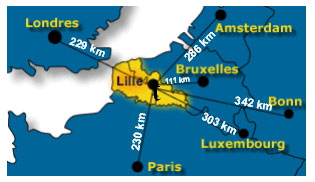


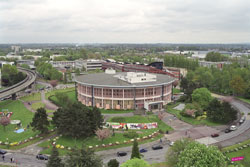
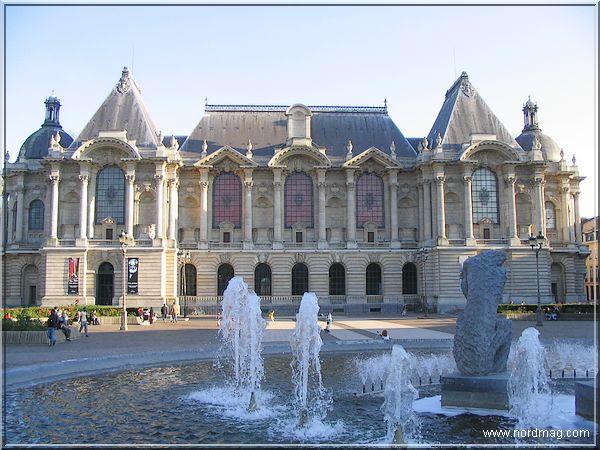
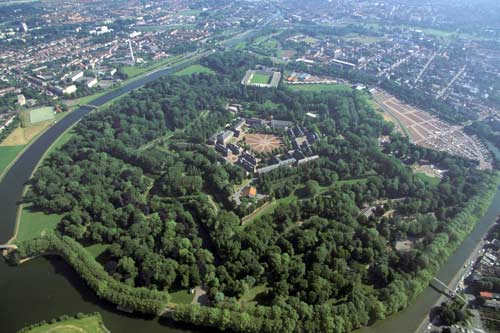


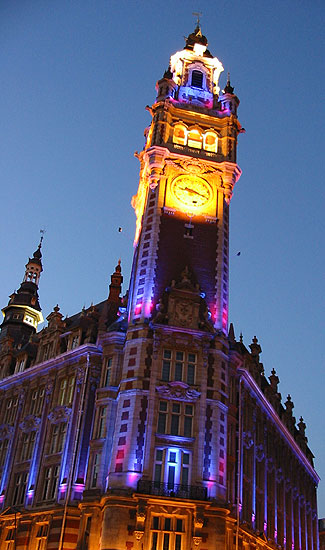
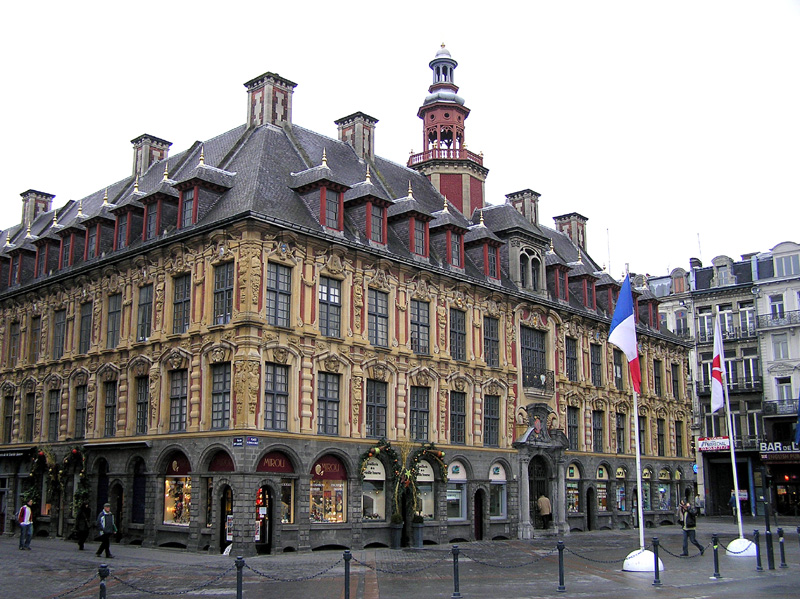
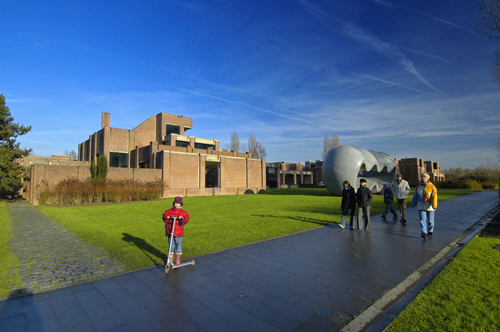


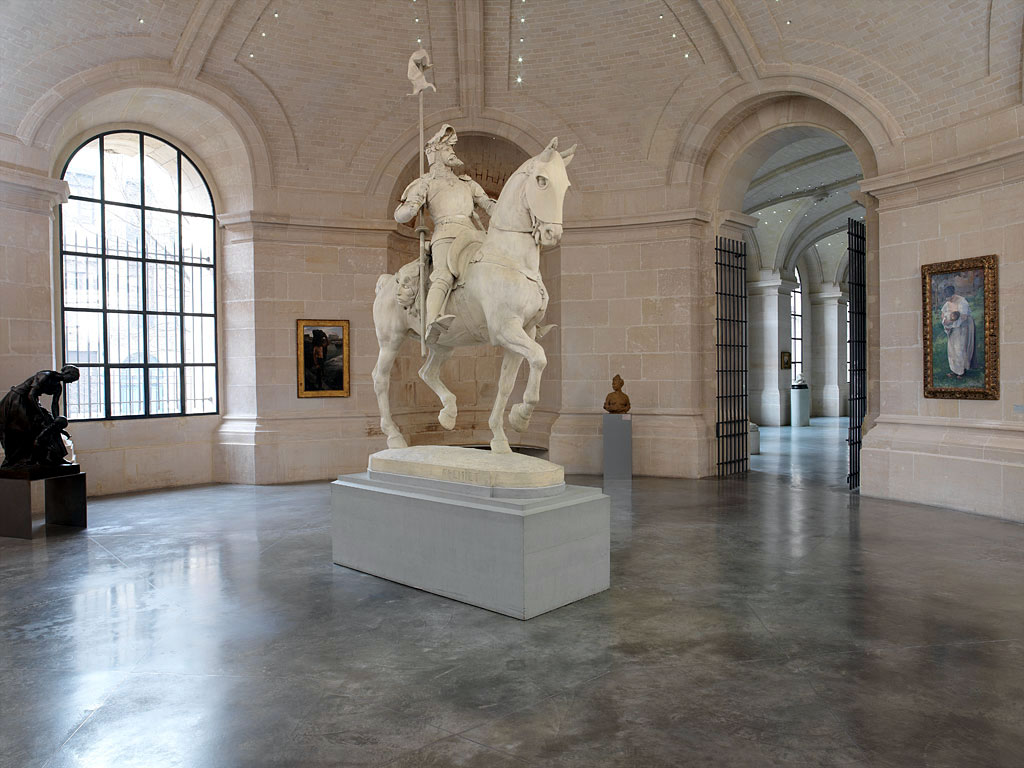

Adam PERKINS
Center for Nonlinear Dynamics and School of Physics Georgia Institute of Technology Atlanta, Georgia, USA
http://www.physics.gatech.edu/schatz/
Research in Mike Schatz's nonlinear dynamics group is focused on studies of
spatiotemporal complexity and turbulence in fluids experiments. Current
research projects include the development of topological techniques to
characterize complex spatiotemporal patterns, the use of dynamical
systems methods for forecasting and active control of fluid flows, and
the experimental characterization of turbulence in two and three dimensions.
Forecasting and pattern control in Rayleigh-Benard convection
Predictive power in spatiotemporally complex systems is limited by several factors. Foremost among them is inherent system instability that can cause small initial uncertainty to grow rapidly. Often, the dynamically important modes of instability are unknown or characterized insufficiently. We are addressing these issues in a Rayleigh-Benard convection experiment, in which a novel technique of pattern control provides a tool for the repeatable imposition of a given convection pattern.
We apply selected perturbations to a given pattern to create an ensemble with nearby initial conditions, close to a particular instability. An Arnoldi-inspired analysis of the ensemble reveals directly the physical structure of the dominant modes of that instability as well as the corresponding growth rates. The extracted modal information may be used for pattern control; moreover, our general methodology may be applied to a large number of pattern-forming systems, so long as an acceptable method of pattern actuation can be realized.
In addition, we employ an efficient forecasting algorithm, the Local Ensemble Transform Kalman Filter (LETKF), to produce system state and parameter estimates of convection patterns observed experimentally. State estimation refers to the synchronization of a numerical system state with (noisy and incomplete) experimental measurements, prior to time evolution in a forecasting process. This estimation procedure is motivated by and directly applicable to other spatiotemporally complex systems, such as the weather or cardiac dynamics. Our experimental pattern control gives us a way of testing systematically the effects of small changes to initial conditions on this crucial step of the forecasting process.